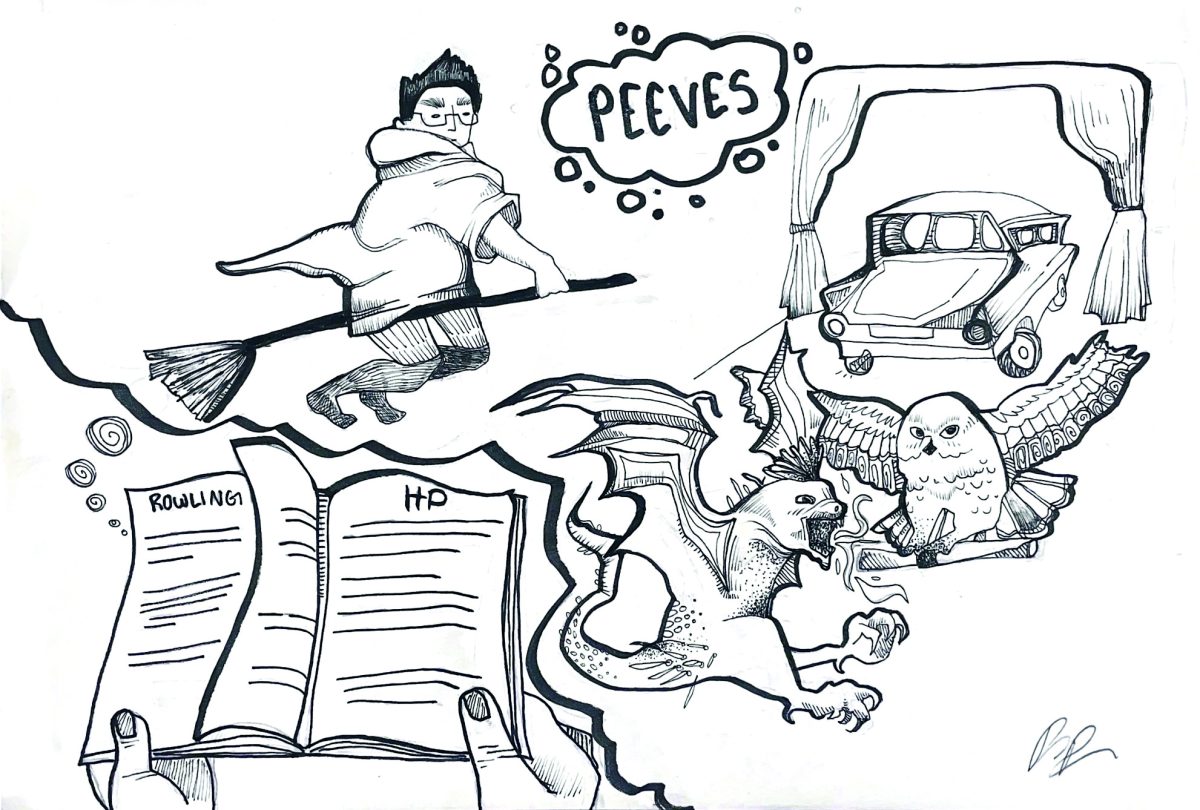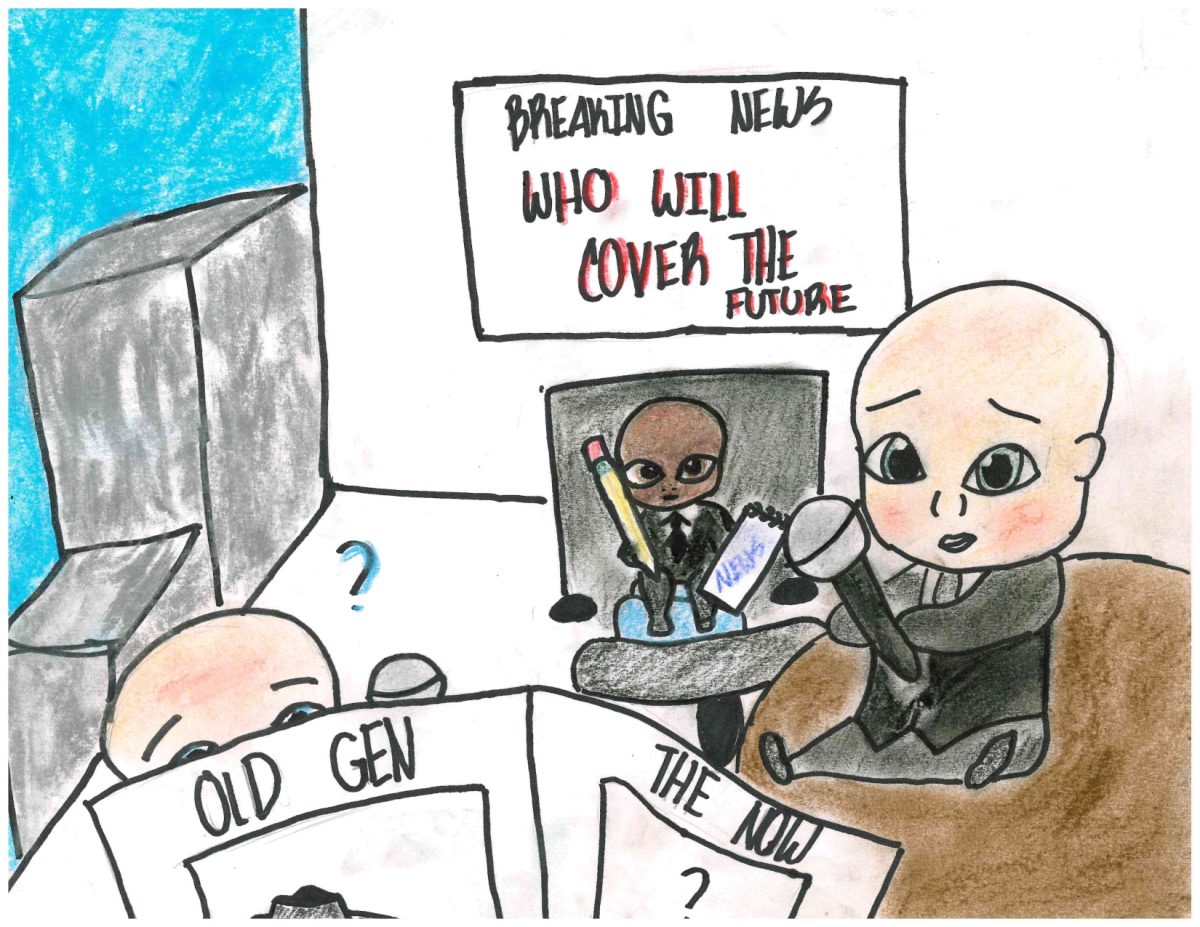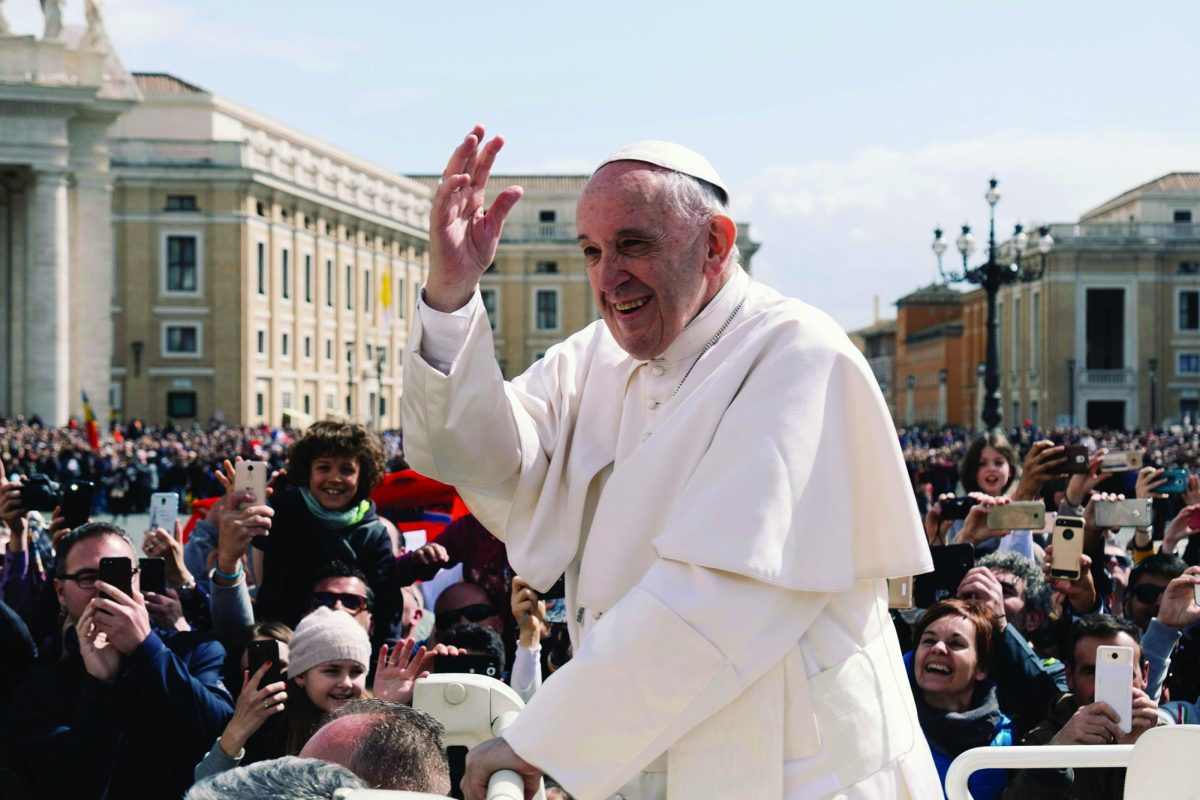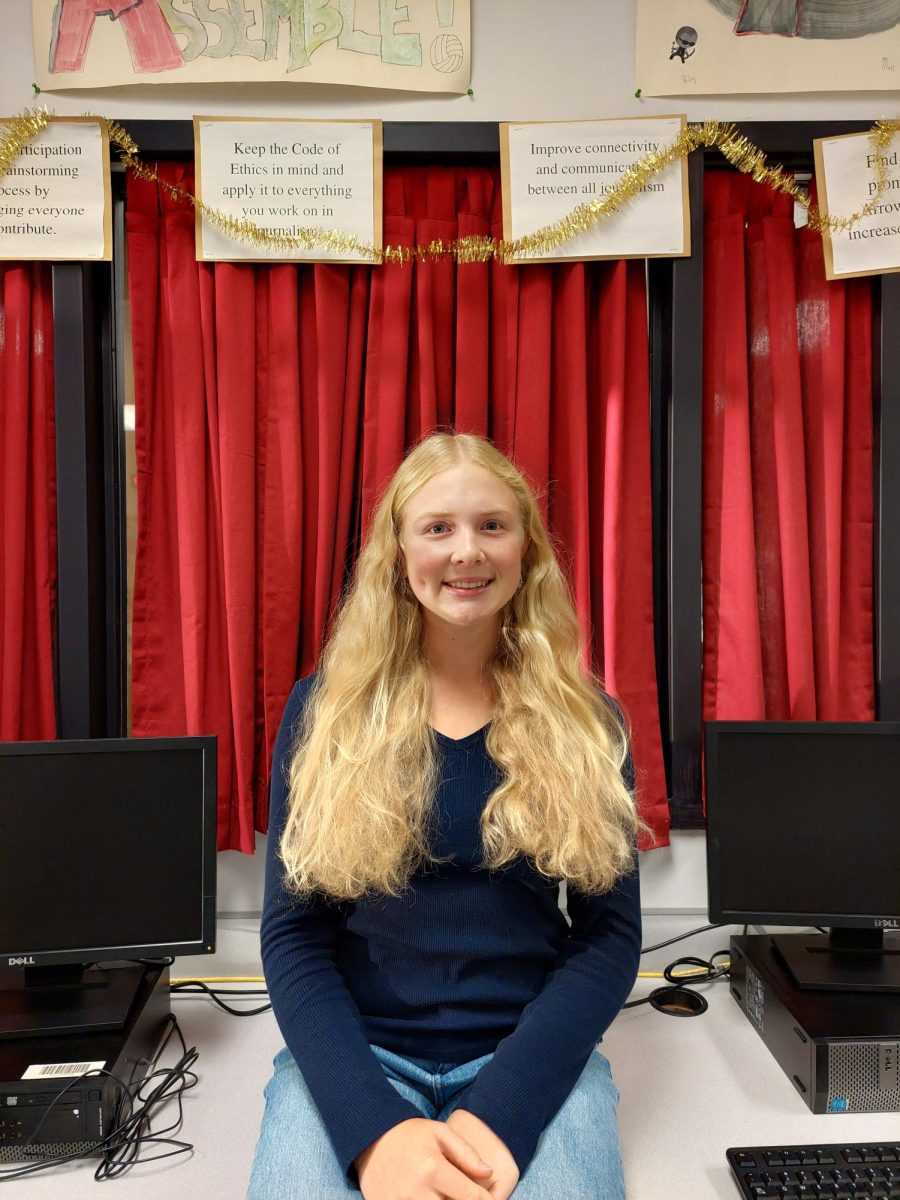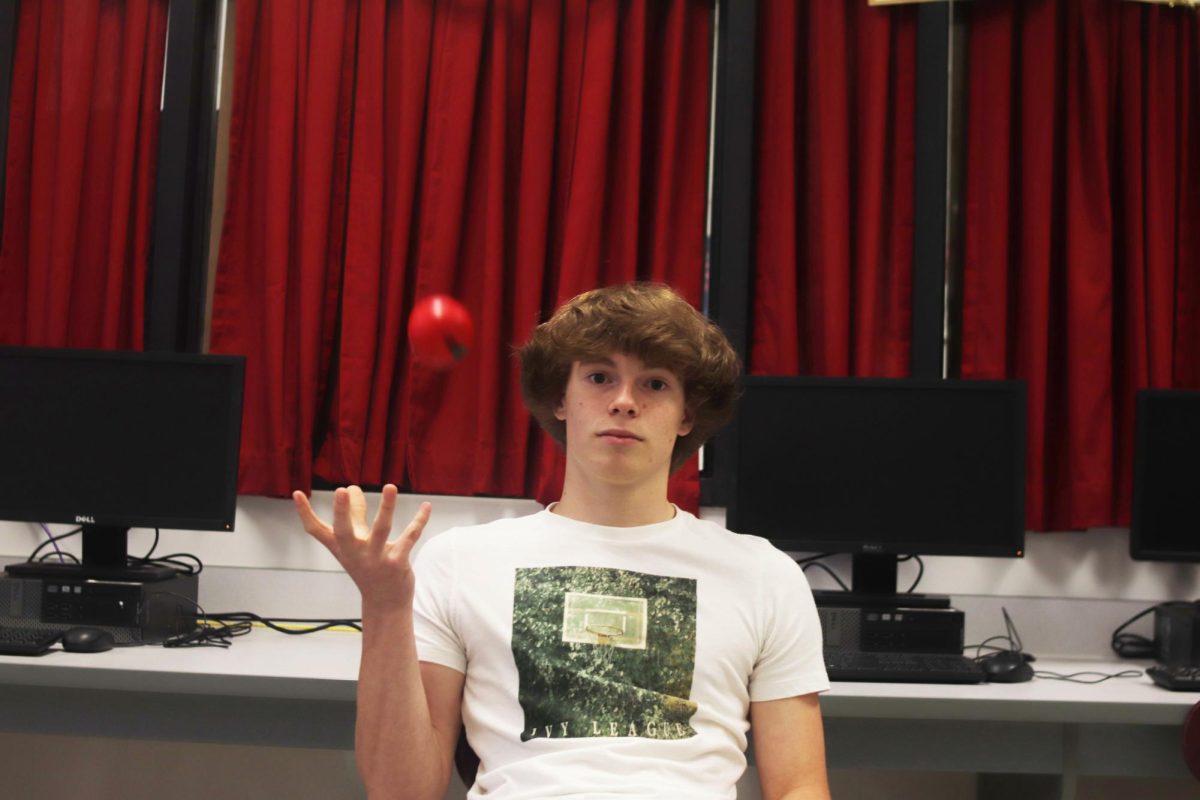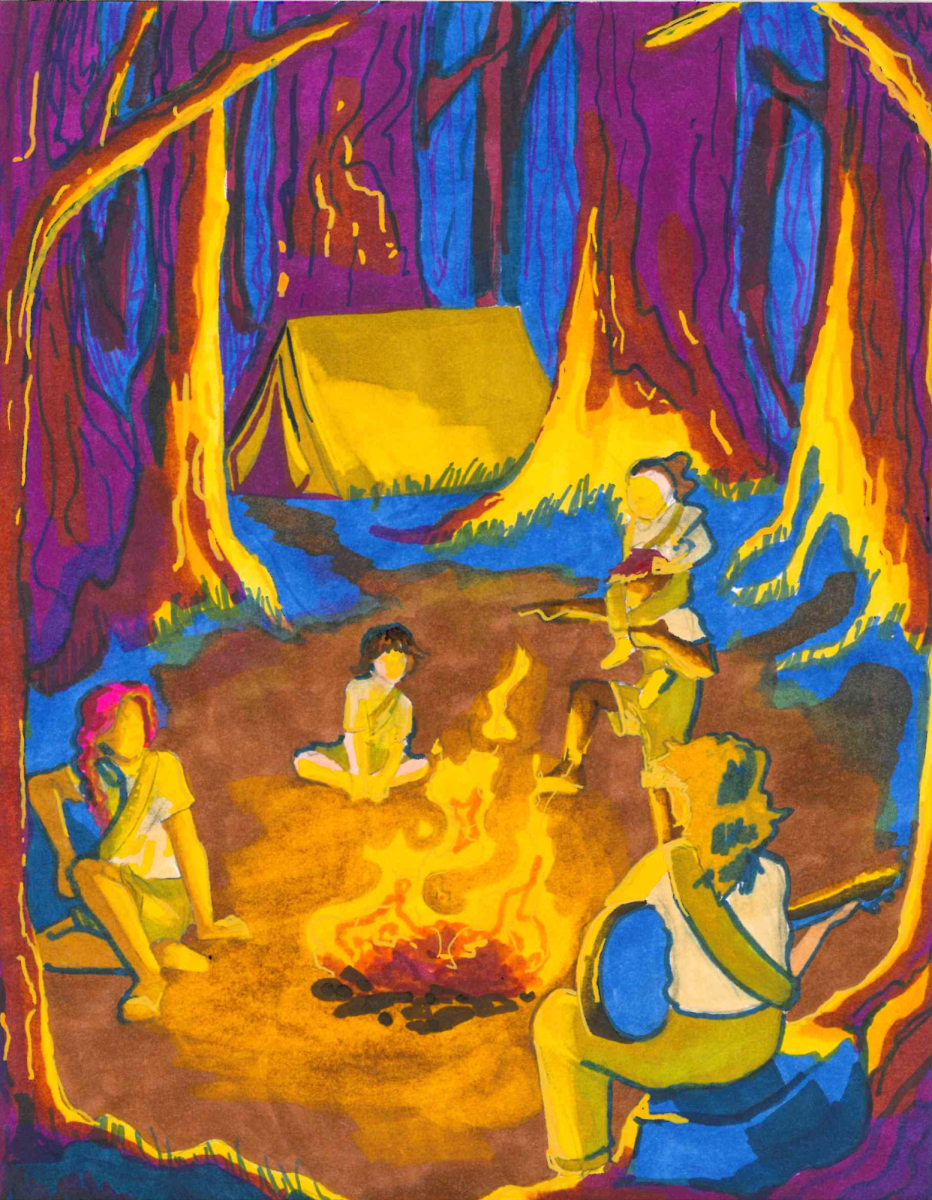While book to movie adaptations can bring characters to life, they frequently miss key details, important internal monologues and can even completely cut out characters and plots.
There have been countless movie adaptations over the years, turning beloved books into huge blockbuster movies. Popular young adult novels like “Harry Potter,” “The Hunger Games” and “Divergent” have all been made into movies.
Other movies like “The Shining,” “The Help” and “Jurassic Park” have also been adapted from books.
After you watch an adaptation, what is the one thing that practically every reader will tell you?
The book was better.
The most prominent difference between books and their movie counterparts is the length of time it takes to consume them.
Most movies are around two and a half hours long, while books tend to take much longer to read.
According to How Long to Read, at the average 300 words per minute it should take around five hours and 26 minutes to read “The Hunger Games” by Suzanne Collins.
Lionsgate’s movie adaptation is only two hours and 40 minutes long.
“The Hunger Games” follows Katniss Everdeen in her dystopian world where she is forced to compete in a battle to survive against 23 other tributes.
As Katniss spends a large chunk of the book alone in the woods, readers get to experience her inner conflicts, which enrich her personality and character development.
That inner monologue is completely cut out of the movie and her time in the games is shortened considerably.
Honestly, this makes sense from a movie standpoint.
It would be boring to watch someone silently survive in the woods for three hours.
The “slower” parts of the books would be boring in film form.
However, whenever you read about it, there is never a dull moment.
Katniss does a lot of soul-searching and growth in her downtime during the book, however movies prefer the action packed fight scenes, excluding the depth the book offers.
A character’s inner thoughts that are present in every book are usually pretty essential to plot and development, but the movie adaptations always cut that out.
Due to this, movie watchers can miss out on valuable insight into a characters’ emotions, leading to their actions carrying far less emotional weight.
It comes down to the simple fact that it is impossible to fit everything that happens in a book into a two hour movie.
The author of the book is also rarely involved in the movie process, when an adaptation is created.
When the author has little to no say in the script writing and directing, the plot and point of the book can be completely changed.
One example of this happening is 20th Century Studios’ “Percy Jackson and the Lighting Thief,” adapted from Rick Riordan’s book of the same title.
The book follows demigods Percy, Annabeth and Grover on their adventure from New York to California as they try to recover Zeus’ stolen lighting bolt.
In the movie, however, practically the only thing that stayed the same are the characters’ names.
If you’re creating a movie that is based on a book, you have a duty to faithfully reflect the author’s writing.
When the movie doesn’t live up to that, it feels disrespectful to both the author and the dedicated book fans that eagerly looked forward to the movie.
While watching favorite characters come to life on the movie screen can be exciting for all, fans of the book will always ultimately be left with the disappointed realization that nothing will ever be able to compare to the wonder and complexity of a book.
Con: Movie adaptations never live up to wonder of books
By leaving out plot points, characters and inner thoughts, movie adaptations miss out on the nuance of reading a book. Due to their shortened time frame, it becomes impossible for movies to include everything that happens in the book in a two hour window.
0
More to Discover
About the Contributor

Melanie Vincent, Features Editor

